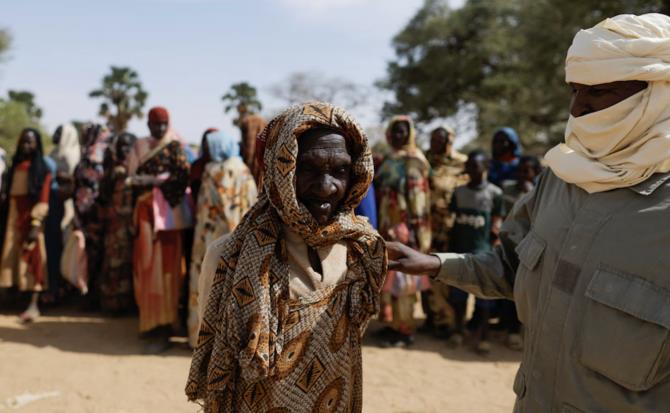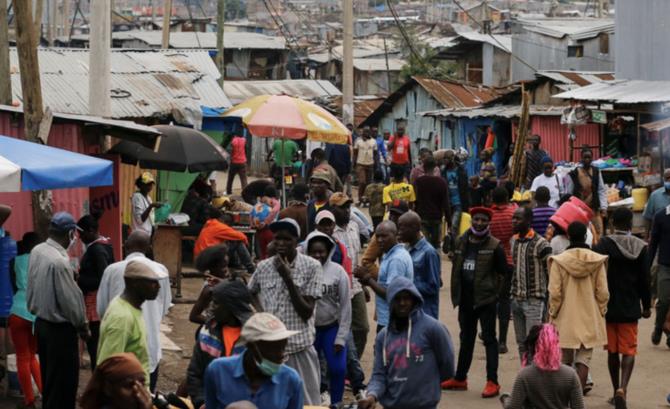
If you were to ask a 1980s American movie scriptwriter how to represent a Frenchman, he would probably describe him wearing a gilet and beret, holding a baguette and with a cigarette in the side of his mouth, while complaining about the price of camembert. In the same way, if you were to ask the French establishment how they would represent a French Muslim, they would likely come up with a similarly archaic description. This is, in part, why Muslims and Islam are a key topic at every French presidential election, just like the economy or healthcare.
When watching French TV, especially in times of crisis — whether after a terrorist attack by extremists or any confrontation involving Muslims — guests invited on to discuss the place of Muslims in French society are always of the same type. And so, the establishment seems quite at ease with this picture of a religious figure speaking French with a heavy accent and calling for peace and brotherhood among the French. Most importantly, they state that we must not stigmatize Muslims and that these terrorists represent only a tiny minority. I am not here to say that these voices are not positive or that they are not good people, but they keep perpetuating an archaic image of Muslims and do not raise the proper questions.
And so, with both the Frenchman holding a baguette and the Muslim scholar on TV, the story the writers are looking to tell through their characters is misleading. I am still surprised at how the French media and authorities have consistently made a choice of projecting this image. In fact, it needs to be torn apart. First of all, why should a religious figure or Muslim scholar always be the voice that speaks on behalf of French Muslims? Muslims are French. Do we bring in priests to discuss the rising price of the baguette?
In fact, the French establishment has been using the completely wrong theme for too long, under the banner of “Islam of France.” It has been a completely useless exercise that has pushed for the representation of Muslims through shallow stereotypes. It is either the thug dealing drugs or the obsequious religious leader carrying a guilt that should not be. In reality, it reflects a weakness from those who should be protecting France’s sovereignty.
The banner ‘Islam of France’ has been a completely useless exercise that has pushed for the representation of Muslims through shallow stereotypes
Khaled Abou Zahr
To prove that this theme is completely wrong, I can only build from my own experience. I went to a Catholic school, which had a convent and a church on its premises. However, not once did the school disrespect me or my religion or treat me differently. Quite the opposite. During Ramadan, I remember very well the school allowing Muslim students to leave class early in order to go and end their fast, organizing for missed lessons to be shared. Once again, when we leave it to the communities and a decentralized system, things get solved. I did not ask for pork to be removed from the school canteen — I just found something else to eat and sometimes alternatives were there.
However, it is also a fact that there have been Muslim organizations, perhaps aligned with the Muslim Brotherhood, that use the authorities’ mistakes to push for something different for Muslims. Such groups use this to put pressure on public opinion and everyone is falling for each and every trap. It has also become a political battle, with Islam as the core enemy of France and secularism; literally trying to place Muslims at odds with the conservative parties. It is like forcing the entire community to vote in a single direction and remove the choice that others have. One should also be aware of those within the Muslim community and left-leaning organizations that use religion to push for this different agenda, while accusing all others of being racist.
Indeed, these groups are not asking for equal rights, which are already granted. They are asking for a separate set of rules for Muslims in France — this is unacceptable and not needed. It also encourages extremist views. More dangerously, these concepts are also now being heavily relayed on social media by young influencers. This is why the best way to fight these views and those hiding behind these agendas is to break the stereotypes and diversify Muslim voices. There are so many successful Muslim lawyers, business executives and public servants and they all have different political views and social wishes, just like all French of other religions.
And so, as France this month decides on its next president, I believe that in reality the real issue is more about a left-right divide, as well as French-Algerian relations and France’s relations with other Northern African countries, rather than a true question about the place of Islam in the country. All the themes around the veil — which, by the way, now also include the kippa — are just distractions and an incorrect framing of the issue. This is why the theme “Islam of France” needs to be dropped and the focus should be on what France is as a country and the role it plays. It is an exercise that also means leaving each community, not only religious voices, to solve its issues with a more decentralized approach.
• Khaled Abou Zahr is CEO of Eurabia, a media and tech company. He is also the editor of Al-Watan Al-Arabi.












